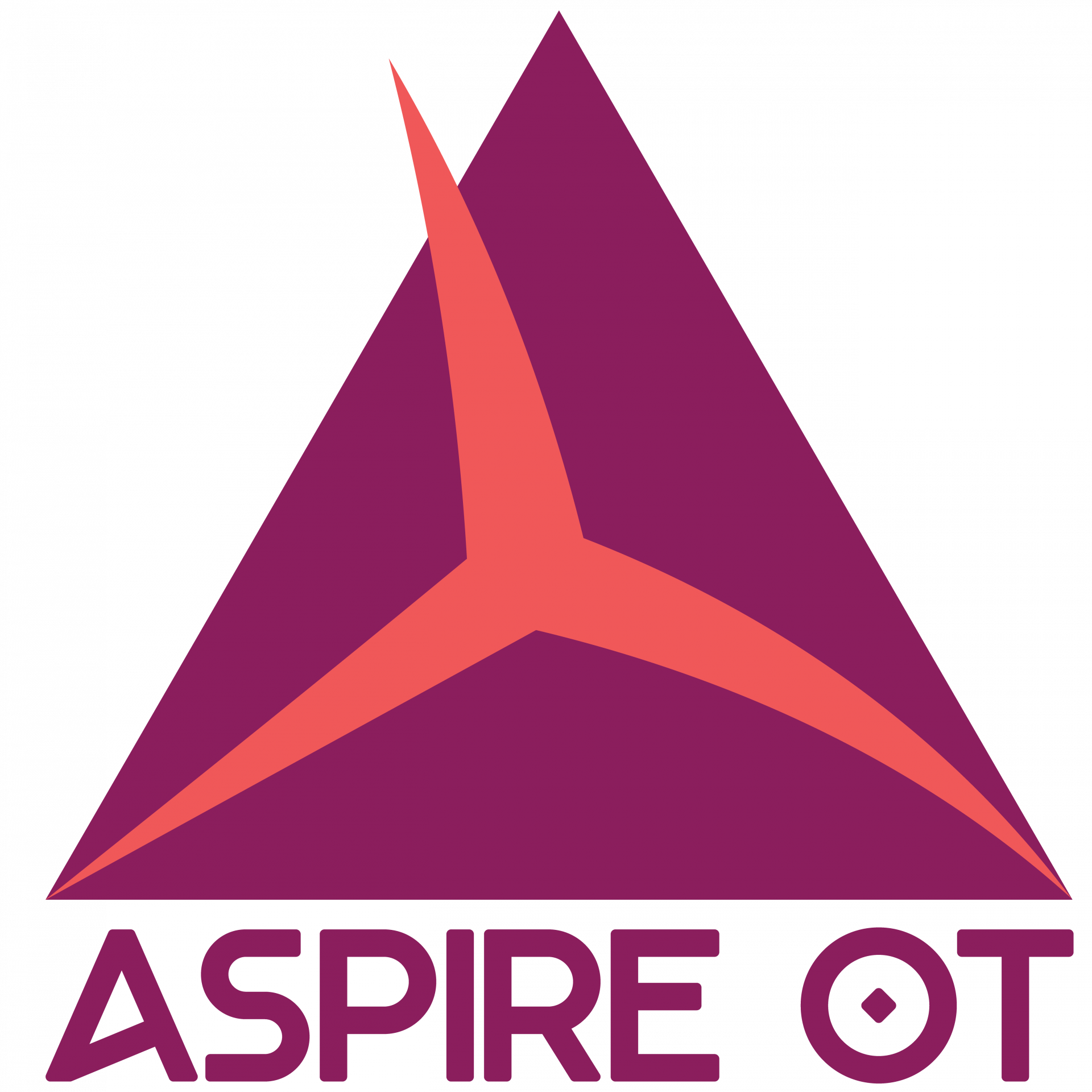Welcome to guest blogger and OT Peggy Terhune, PH.D., MBA, OTR/L
I have been an OT for over 50 years and could easily tell you the history of OT treatment for psychiatric disorders. However, today, what I have learned is that trauma is often a root cause for mental health disorders.
Keep reading to discover : - What helps individuals deal with trauma
- A specific clinical example from the guest blogger
- Why its important to address trauma in OT practice
Often misdiagnosed as anxiety, depression, schizo-affective
disorder or other diagnoses, if trauma is at the core of the problem, the
treatment only covers the symptoms, not the problem. The person can get better, but never really
become the person they want to be.
Trauma experiences don’t go away. They are always with us. But if we can work
through the trauma, we know that we can come out the other side much
healthier. Recent research tells us that
talk therapy is NOT the best treatment for trauma, and neither are
medications. Those only treat the
symptoms. It falls on the OT
practitioner to identify the sensory issues, emotional issues, physical
responses and other concerns that must be worked through.
For example, I will never forget one child in my private
practice years ago. He was a 7-year-old
that would lose it when the fire alarm bell went off at school. When the parents came to me for help, they
told me they were trying to fix it by sneaking around and banging pots together
behind his back to get him used to the noise.
Needless to say, we stopped that practice. I identified that the child had numerous
sensory issues, dreams of burning alive from a movie he had seen, low tone, and
no coping skills. Eventually, the child
was able to manage those fire drills, although treatment was not fast, and had
to be modified frequently as I learned more about the child.
I also experienced trauma in my life that impacted my world
tremendously. However, through multiple
OT principles, I was able to work through the trauma, and today can identify
and manage triggers when they occur.
Through my experiences and knowledge of trauma, I want other
occupational therapists to understand that trauma is often the basis of what we
need to treat. Someone who has had a
stroke that impacts their occupations in tremendous ways has experienced a
severe trauma. A child who has been
bullied has experienced trauma. Elderly
people who start to forget are experiencing continual trauma episodes as the
viable occupations in their world start to shrink. Occupational therapists and occupational therapy assistants in every single area
of practice need to know about and understand trauma.



